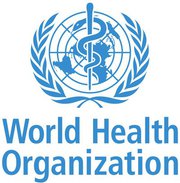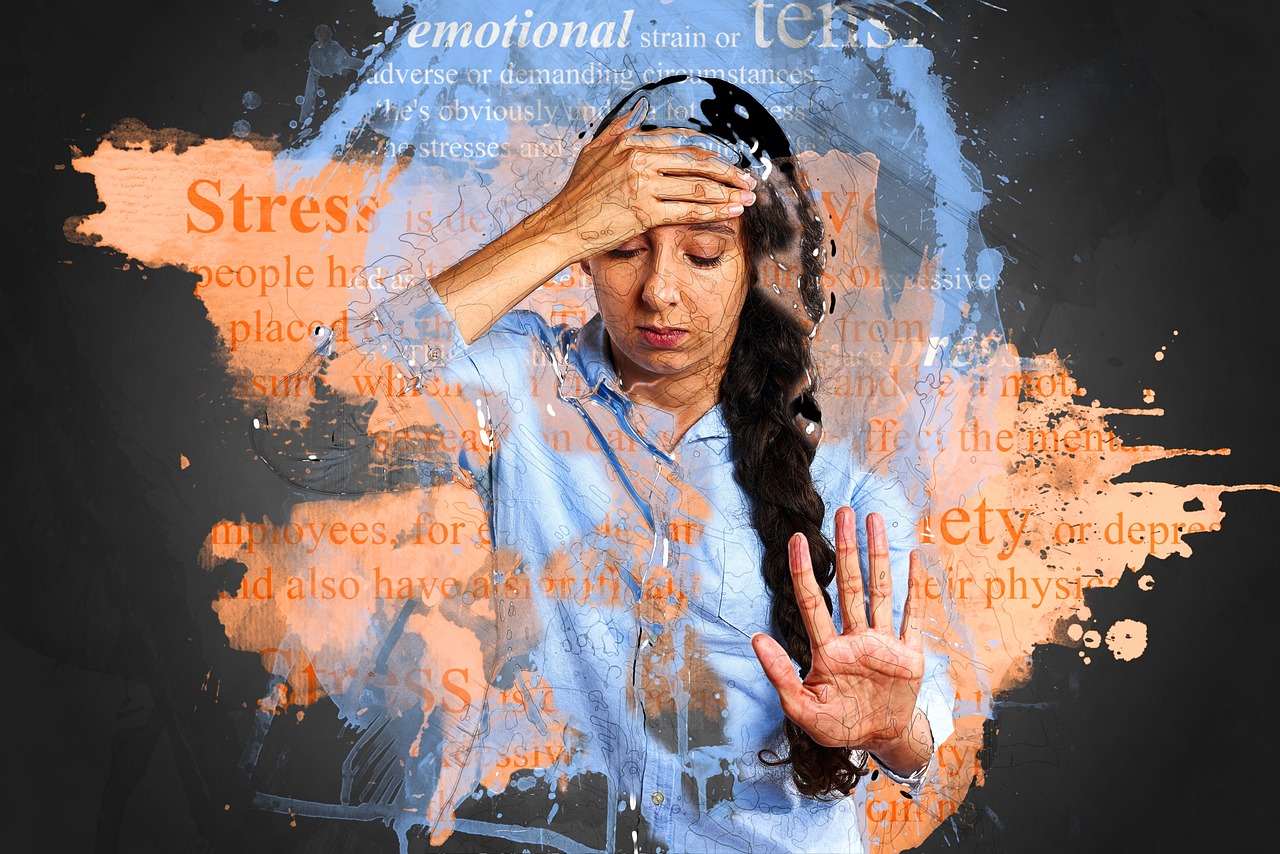The World Health Organisation (WHO) has declared that mental health disorders are a pressing public health matter that influences many families and communities across the globe. Based on the WHO data, mental health disorders are a wide range of conditions that affect cognitive, emotional, and behavioural function and often lead to more distress and impairment in everyday life. Severe mental disorders such as depression, anxiety disorders, bipolar disorder, schizophrenia, and substance use disorders are only some of the conditions that affect millions of people around the world.
According to the WHO, mental health is an intrinsic part of a holistic definition of wellbeing and is affected by a variety of factors, including psychology at the individual level as well as social and environmental determinants. The specialised group emphasises the significance of early diagnosis, high-quality mental health services, and stigma reduction in creating more mental wellness and preventing the occurrence of disorders. WHO further recommends the adoption of integrated care for mental health, which involves community-based interventions, further empowerment of individuals, and the promotion of resilience as well as social support networks. With its Mental Health Action Plan and along with other organisations and governments, the WHO tries to raise understanding, improve access to care, and address the global issue of mental disorders.
The World Health Organization (WHO) comes up with detailed guidelines and recommendations concerning on promoting mental health and dealing with mental health disorders. Some of the key guidelines and recommendations include
Mental Health Action Plan: The WHO Mental Health Plan of Action envisages a set of evidence-based strategies and interventions, including those that deal with well-being promoting, mental health disorders prevention, and the issue of access to the mental health services. It suggests building an integrated mental health scheme into the overall health and development strategies.
Mental Health Gap Action Programme (mhGAP): WHO’s program targeting the global implementation of mental, neurological, and substance use disorders services is intended to increase the scale of this service in low-income and middle-income countries. It comprises of these instructions and self-training materials, hence, it is suited for non-specialist healthcare providers to effectively deliver mental health interventions in primary care settings.
Quality Rights Initiative: Through Quality Rights Initiative, WHO does the work that is the mainstay of people with mental health conditions, which include, among others, the right to autonomy, dignity, and having their voice heard when it comes to their treatment. It helps on the improvement of mental health service quality and on upholding human rights respect.
Prevention of Suicide: WHO put forward similar prevention guidelines based on providing assessment of the risk of suicide, crisis intervention and support, and community based suicide prevention programs. As these guidelines highlight the role of partnership between health care providers, community agencies and governments, they also demonstrate the necessity for health care professionals to be trained to be sufficient in this area.
Promotion of Mental Well-being: The WHO says mental health has to be an integral part of health protection. It brings about the making of a caring environment, the building of solid self-confidence and coherence, as well as the strengthening of social ties and the feeling of being among the community.
Integration of Mental Health into Primary Healthcare: The WHO is a proponent of the adoption of integrated mental health services into the health system for the period of early diagnosis and treatment of mental disorders and the delivery of holistic care to individuals. It not only leads to the practice of reducing stigma and improving accessibility to services, but also promotes good outcomes for people with mental health disorders.
The guidelines and recommendations, aiming at making WHO’s the global public health crisis task, represent the foundation for national, regional, and local departments involved in the response. They endeavor to endorse evidence-based interventions, safeguard human rights, and enhance the quality of life of the individuals suffering from mental disorders.
Impact of WHO’s Evidence-Based Guidelines

Mental health disorders affect millions of people worldwide, representing a significant public health challenge. In response to this global issue, the World Health Organization (WHO) has developed comprehensive guidelines and recommendations aimed at promoting mental well-being, preventing mental health disorders, and improving access to quality mental health services. This article explores the impact of WHO’s mental health guidelines on a global scale, drawing on authentic statistical data and research findings.
Addressing the Global Burden of Mental Health Disorders
According to WHO, mental health disorders account for a substantial portion of the global burden of disease, with an estimated 450 million people worldwide suffering from such conditions. Depression alone affects over 264 million people globally, making it a leading cause of disability worldwide. However, despite the prevalence of mental health disorders, many individuals lack access to adequate care and support services.
Impact of WHO Guidelines on Prevention and Treatment
WHO’s mental health guidelines provide evidence-based strategies for preventing mental health disorders and promoting mental well-being across diverse populations. These guidelines emphasize the importance of early intervention, psychosocial support, and community-based approaches to mental health promotion. Research has shown that implementing WHO-recommended interventions can lead to improved mental health outcomes and reduced rates of mental health disorders.
For example, WHO’s Mental Health Gap Action Programme (mhGAP) has been instrumental in expanding access to mental health services in low- and middle-income countries. By providing training and support to non-specialist healthcare providers, mhGAP has enabled primary care settings to deliver essential mental health interventions, including screening, diagnosis, and treatment. Studies have demonstrated the effectiveness of mhGAP interventions in improving mental health outcomes and reducing the treatment gap for mental health disorders in resource-constrained settings.
Promoting Human Rights and Dignity
In addition to promoting access to care, WHO’s mental health guidelines prioritize the protection of human rights and dignity for people with mental health conditions. The Quality Rights Initiative, launched by WHO, advocates for the rights of individuals with mental health disorders, including the right to autonomy, informed consent, and freedom from discrimination and coercion. By promoting a rights-based approach to mental health care, WHO aims to empower individuals and promote their social inclusion and participation in decision-making regarding their care and treatment.
Challenges and Opportunities
Despite the progress made in implementing WHO’s mental health guidelines, significant challenges remain. Stigma, discrimination, and limited resources continue to hinder efforts to address mental health disorders globally. Additionally, the COVID-19 pandemic has exacerbated existing mental health challenges, highlighting the need for continued investment in mental health promotion and support services.
Final Words
WHO’s mental health guidelines play a critical role in addressing the global burden of mental health disorders by providing evidence-based strategies for prevention, treatment, and support. Through initiatives such as mhGAP and the Quality Rights Initiative, WHO is working to expand access to quality mental health care, promote human rights, and improve the lives of millions of people affected by mental health disorders worldwide. However, sustained efforts and investment are needed to overcome existing barriers and ensure that mental health remains a global priority in the years to come.




